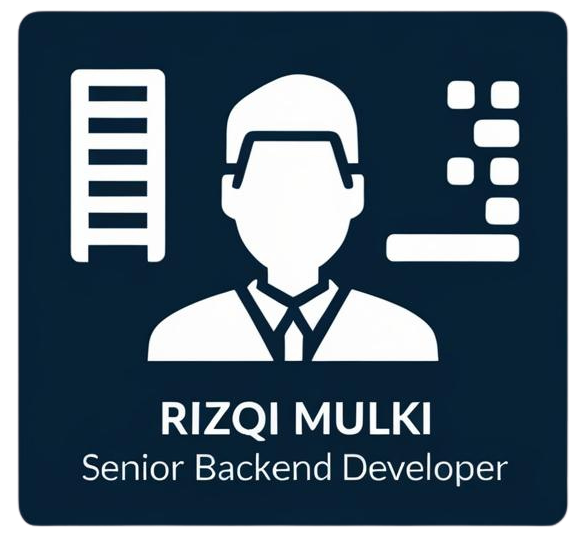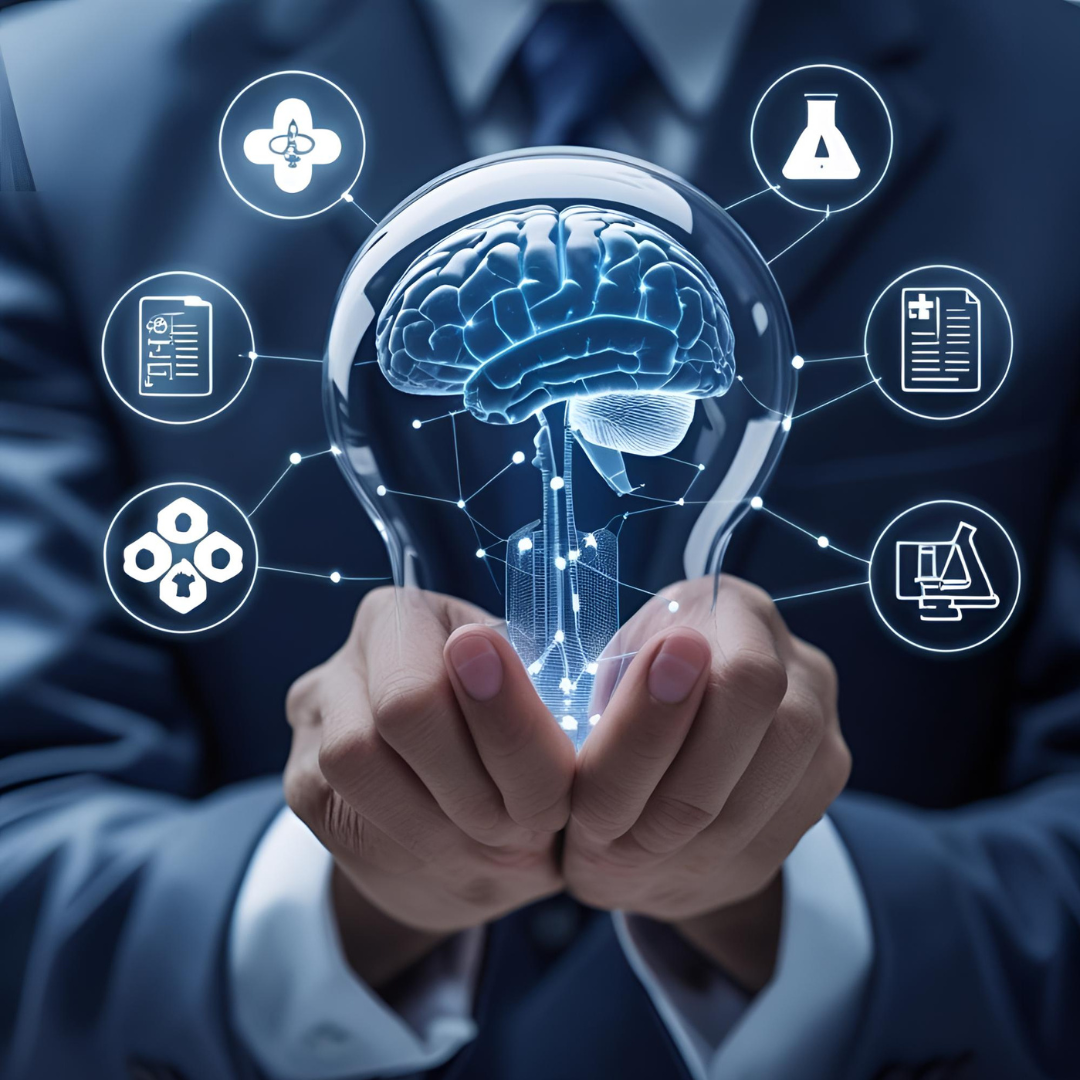Introduction
While general-purpose Large Language Models (LLMs) like GPT-4 and Claude demonstrate impressive capabilities across various tasks, specialized domains often require models with deeper, more precise knowledge. Domain-specific LLMs have emerged as powerful solutions for professional fields where accuracy, terminology precision, and specialized reasoning are paramount. This post explores the development, implementation, and applications of LLMs tailored for medical, legal, and scientific domains.
Why Domain-Specific LLMs Matter
Limitations of General-Purpose Models
General LLMs face several challenges when applied to specialized domains:
- Terminology Gaps: Missing or imprecise understanding of technical jargon
- Knowledge Depth: Surface-level understanding of complex domain concepts
- Regulatory Compliance: Inability to navigate domain-specific regulations and standards
- Context Sensitivity: Limited understanding of domain-specific context and nuances
- Risk Tolerance: General models may not meet the safety and accuracy standards required in critical domains
Advantages of Specialization
Domain-specific models offer several benefits:
- Enhanced Accuracy: Trained on curated, high-quality domain data
- Specialized Reasoning: Understanding of domain-specific logical patterns
- Regulatory Awareness: Built-in knowledge of relevant regulations and standards
- Professional Workflows: Optimized for domain-specific tasks and processes
- Risk Management: Designed with appropriate safety measures for critical applications
Medical LLMs: Transforming Healthcare
Current Medical LLM Landscape
Leading Medical Models:
- Med-PaLM 2 (Google): Achieved expert-level performance on medical licensing exams
- ChatDoctor: Fine-tuned model specifically for medical conversations
- ClinicalBERT: Specialized for clinical note analysis and processing
- BioBERT: Focused on biomedical text mining and information extraction
- PubMedBERT: Pre-trained exclusively on PubMed abstracts and full-text articles
Medical Applications and Use Cases
Clinical Decision Support:
# Example: Medical symptom analysis system
class MedicalLLMAssistant:
def __init__(self, model_name="microsoft/BiomedNLP-PubMedBERT-base-uncased-abstract"):
self.model = AutoModel.from_pretrained(model_name)
self.tokenizer = AutoTokenizer.from_pretrained(model_name)
def analyze_symptoms(self, patient_history, current_symptoms):
prompt = f"""
Patient History: {patient_history}
Current Symptoms: {current_symptoms}
Based on the medical knowledge, provide differential diagnosis considerations:
1. Most likely conditions
2. Recommended diagnostic tests
3. Red flags to monitor
Note: This is for educational purposes only and not medical advice.
"""
return self.generate_medical_analysis(prompt)
Key Medical Applications:
- Diagnostic Assistance: Supporting physicians with differential diagnosis
- Medical Documentation: Automated clinical note generation and summarization
- Drug Discovery: Literature mining for compound interactions and effects
- Patient Education: Generating accessible health information
- Medical Research: Hypothesis generation and literature synthesis
- Radiology Reports: Automated interpretation of medical imaging
Medical LLM Development Challenges
Data Quality and Curation:
- Ensuring medical accuracy and current guidelines
- Managing patient privacy and HIPAA compliance
- Integrating multi-modal data (text, images, lab results)
Evaluation Metrics:
- Medical licensing exam performance (USMLE, MCAT)
- Clinical case study accuracy
- Peer review by medical professionals
- Safety and harm assessment
Regulatory Considerations:
- FDA approval processes for medical AI
- Clinical validation requirements
- Liability and malpractice concerns
- Integration with existing healthcare systems
Legal LLMs: Revolutionizing Legal Practice
Legal AI Model Landscape
Prominent Legal Models:
- LegalBERT: Pre-trained on legal documents and case law
- CaseLaw-BERT: Specialized for case law analysis and citation
- LawGPT: General legal reasoning and document analysis
- ContractNLI: Focused on contract analysis and natural language inference
- JudgeLM: Designed for legal judgment prediction and analysis
Legal Applications and Implementation
Contract Analysis and Review:
class LegalDocumentAnalyzer:
def __init__(self):
self.model = "nlpaueb/legal-bert-base-uncased"
self.contract_classifier = pipeline("text-classification",
model=self.model)
def analyze_contract_clauses(self, contract_text):
clauses = self.extract_clauses(contract_text)
analysis = {}
for clause in clauses:
risk_level = self.assess_clause_risk(clause)
compliance_check = self.check_regulatory_compliance(clause)
analysis[clause['type']] = {
'risk_level': risk_level,
'compliance': compliance_check,
'recommendations': self.generate_recommendations(clause)
}
return analysis
def assess_clause_risk(self, clause):
# Implement risk assessment logic
risk_indicators = [
"indemnification", "limitation of liability",
"force majeure", "termination"
]
# Return risk assessment
pass
Core Legal Applications:
- Legal Research: Automated case law research and citation analysis
- Contract Review: Risk assessment and compliance checking
- Document Drafting: Template generation and clause suggestions
- Litigation Support: Evidence analysis and argument development
- Regulatory Compliance: Monitoring and ensuring adherence to regulations
- Legal Education: Interactive learning and case study analysis
Legal LLM Challenges
Accuracy and Liability:
- Ensuring legal precedent accuracy
- Managing potential for hallucination in legal advice
- Professional liability and malpractice considerations
Jurisdiction Specificity:
- Different legal systems and regulations
- State vs. federal law variations
- International law complexities
Ethical Considerations:
- Attorney-client privilege protection
- Unauthorized practice of law concerns
- Bias in legal decision-making
Scientific LLMs: Accelerating Research
Scientific Model Ecosystem
Leading Scientific LLMs:
- SciBERT: Pre-trained on scientific literature across disciplines
- ScholarBERT: Optimized for academic paper analysis
- ChemBERTa: Specialized for chemistry and molecular analysis
- MatSciBERT: Focused on materials science applications
- Galactica: Meta’s scientific knowledge model (though later withdrawn)
Scientific Applications and Use Cases
Research Literature Analysis:
class ScientificLiteratureAnalyzer:
def __init__(self):
self.model_name = "allenai/scibert_scivocab_uncased"
self.summarizer = pipeline("summarization", model=self.model_name)
self.classifier = pipeline("text-classification", model=self.model_name)
def analyze_research_paper(self, paper_text):
analysis = {
'summary': self.generate_summary(paper_text),
'methodology': self.extract_methodology(paper_text),
'key_findings': self.extract_findings(paper_text),
'research_gaps': self.identify_gaps(paper_text),
'related_work': self.find_related_research(paper_text)
}
return analysis
def generate_research_hypothesis(self, domain, existing_research):
prompt = f"""
Research Domain: {domain}
Existing Research: {existing_research}
Generate novel research hypotheses based on:
1. Current knowledge gaps
2. Emerging trends in the field
3. Interdisciplinary opportunities
4. Practical applications
"""
return self.generate_hypotheses(prompt)
Scientific Research Applications:
- Literature Review: Automated synthesis of research papers
- Hypothesis Generation: Novel research direction suggestions
- Experimental Design: Protocol optimization and methodology suggestions
- Data Analysis: Pattern recognition in complex datasets
- Grant Writing: Assistance with proposal development
- Peer Review: Automated quality assessment and feedback
Scientific Domain Specializations
Chemistry and Materials Science:
- Molecular property prediction
- Chemical reaction pathway analysis
- Materials discovery and optimization
- Drug-target interaction modeling
Biology and Life Sciences:
- Protein structure prediction
- Genomic sequence analysis
- Clinical trial design optimization
- Biomarker discovery
Physics and Engineering:
- Theoretical model development
- Simulation parameter optimization
- Technical documentation generation
- Patent analysis and prior art search
Implementation Strategies
Data Collection and Curation
Medical Domain:
class MedicalDataCurator:
def __init__(self):
self.sources = [
'pubmed_abstracts',
'clinical_trials',
'medical_textbooks',
'clinical_guidelines'
]
def curate_medical_corpus(self):
corpus = []
for source in self.sources:
data = self.extract_from_source(source)
filtered_data = self.apply_quality_filters(data)
anonymized_data = self.anonymize_patient_data(filtered_data)
corpus.extend(anonymized_data)
return self.deduplicate_and_validate(corpus)
Legal Domain:
- Case law databases (Westlaw, LexisNexis)
- Legal journals and reviews
- Regulatory documents and statutes
- Contract templates and precedents
Scientific Domain:
- Peer-reviewed journal articles
- Conference proceedings
- Research databases (PubMed, arXiv)
- Technical specifications and standards
Training Methodologies
Domain Adaptation Approaches:
- Continued Pre-training: Further training general models on domain data
- Task-Specific Fine-tuning: Adapting models for specific domain tasks
- Multi-task Learning: Training on multiple related domain tasks simultaneously
- Few-shot Learning: Leveraging domain expertise with limited examples
Training Pipeline Example:
def train_domain_specific_model(base_model, domain_data, config):
# Phase 1: Continued pre-training on domain corpus
domain_pretrained = continue_pretraining(
model=base_model,
corpus=domain_data['pretraining'],
epochs=config['pretrain_epochs']
)
# Phase 2: Task-specific fine-tuning
task_models = []
for task in config['tasks']:
fine_tuned = fine_tune_model(
model=domain_pretrained,
task_data=domain_data[task],
task_config=config[task]
)
task_models.append(fine_tuned)
return task_models
Evaluation and Validation
Domain-Specific Evaluation Metrics:
Medical:
- Clinical accuracy against expert annotations
- USMLE and medical board exam performance
- Patient safety and harm assessment
- Clinical workflow integration effectiveness
Legal:
- Legal reasoning accuracy
- Bar exam and legal certification performance
- Contract analysis precision and recall
- Regulatory compliance verification
Scientific:
- Scientific fact verification
- Research hypothesis quality assessment
- Citation accuracy and relevance
- Experimental design validity
Challenges and Limitations
Technical Challenges
Data Quality and Bias:
- Ensuring representative and unbiased training data
- Managing data privacy and ethical considerations
- Dealing with evolving domain knowledge
- Handling multi-modal information integration
Model Reliability:
- Reducing hallucination in critical domains
- Ensuring consistent performance across edge cases
- Managing uncertainty quantification
- Providing explainable AI for professional use
Regulatory and Ethical Considerations
Professional Standards:
- Meeting licensing and certification requirements
- Ensuring professional liability coverage
- Maintaining ethical guidelines compliance
- Managing conflicts of interest
Safety and Risk Management:
- Implementing appropriate safeguards for critical applications
- Developing fail-safe mechanisms
- Ensuring human oversight and intervention capabilities
- Managing liability and accountability issues
Future Directions and Opportunities
Emerging Trends
Multimodal Integration:
- Combining text with medical images, legal documents, and scientific data
- Voice-enabled professional assistants
- Real-time data integration from IoT devices and sensors
Federated Learning:
- Training models across institutions while preserving privacy
- Collaborative model development without data sharing
- Cross-jurisdictional legal model training
Interactive AI Systems:
- Conversational interfaces for professional workflows
- Real-time collaboration between AI and human experts
- Adaptive learning from user feedback and corrections
Research Opportunities
Domain-Specific Reasoning:
- Developing models that understand causal relationships in specific domains
- Implementing domain-specific logical inference
- Creating explainable AI for professional decision-making
Cross-Domain Applications:
- Medical-legal applications (malpractice analysis, regulatory compliance)
- Scientific-legal applications (patent analysis, IP protection)
- Interdisciplinary research support
Continuous Learning:
- Models that stay updated with evolving domain knowledge
- Real-time integration of new research and regulations
- Personalized adaptation to individual professional practices
Conclusion
Domain-specific LLMs represent a significant advancement in AI applications for professional fields. While they offer tremendous potential for enhancing productivity and decision-making in medical, legal, and scientific domains, their development and deployment require careful consideration of accuracy, safety, and regulatory requirements.
Success in implementing domain-specific LLMs depends on understanding the unique challenges and requirements of each domain, investing in high-quality data curation, and developing robust evaluation frameworks. As these models continue to evolve, they promise to transform professional workflows while maintaining the high standards of accuracy and reliability that these critical domains demand.
The future of domain-specific LLMs lies in creating AI systems that truly understand and can reason within specialized knowledge domains, providing valuable assistance to professionals while respecting the complexity and nuance that these fields require. By addressing current limitations and embracing emerging opportunities, domain-specific LLMs will continue to push the boundaries of what’s possible in AI-assisted professional practice.
This comprehensive overview covers the current state and future potential of domain-specific LLMs. For implementation details and specific model access, refer to the respective research papers, model documentation, and professional guidelines in each domain.


Leave a Reply